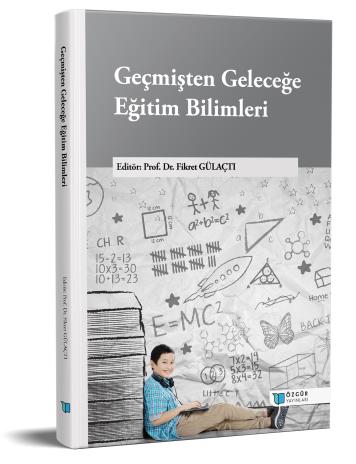
Preschool Teachers' Views and Practices on English Language Teaching
Chapter from the book:
Gülaçtı,
F.
(ed.)
2024.
Educational Sciences from Past to Future.
Synopsis
Foreign language education during the preschool years significantly contributes to the mental, cognitive, and social development of children. Empirical research indicates that language acquisition at this stage enhances children's understanding of their mother tongue, fosters abstract thinking abilities, and promotes cultural awareness. Given that young children possess a heightened receptiveness to language learning, instruction during this period allows for the natural absorption of a foreign language. Nevertheless, the effectiveness of such education heavily depends on the competency of educators and the suitability of the methods employed. The critical period hypothesis underscores that childhood represents an optimal phase for language acquisition due to the brain's high level of neural plasticity. During this developmental window, children are particularly adept at internalizing the phonological and syntactic aspects of a foreign language. Furthermore, employing naturalistic teaching methods—such as games, songs, and storytelling—has been shown to enhance the effectiveness of language learning at this age. Despite these benefits, concerns have been raised regarding the potential adverse effects of introducing a foreign language before children have fully established proficiency in their mother tongue. Therefore, foreign language education during the preschool years should be designed to complement and reinforce mother tongue development. In Turkey, foreign language instruction in preschool settings is predominantly offered by private institutions and remains limited within public schools. To address this disparity, it is vital to develop curricular frameworks aligned with the Common European Framework of Reference for Languages (CEFR) and to invest in professional development opportunities for educators through in-service training programs. Preschool teachers, in particular, need to cultivate expertise in foreign language pedagogy, as their proficiency plays a pivotal role in the success of educational outcomes. In conclusion, incorporating foreign language education at the preschool level is a valuable initiative that supports children's cognitive and social growth. However, ensuring the effectiveness of such programs necessitates qualified educators, the application of appropriate teaching methodologies, and the alignment of curricula with children's developmental needs. There is an urgent need for further research and policy formulation to expand access to high-quality preschool foreign language education in Turkey and to enhance its overall efficacy.

